Caring for Carers — that’s the spotlight for the 7th annual World Eating Disorders Action Day on June 2, 2022. We’re celebrating the tireless efforts of parents, siblings, grandparents, relatives, friends, family and all the amazing folks who look after individuals affected by eating disorders.
This theme couldn’t be more timely. Throughout the pandemic, as we’ve seen eating disorder diagnoses spike and waitlists balloon, carers have stepped up in the roles they’ve played. They’ve felt the strain of mental health resources and funding gaps. They’ve taken on more responsibilities supporting their loved ones through these life-threatening illnesses.
For some individuals with severe and persisting eating disorders, their carers are their biggest advocates. For others who don’t feel “sick enough,” their families are the ones fighting to get them access to treatment. It’s often a long, relentless fight.
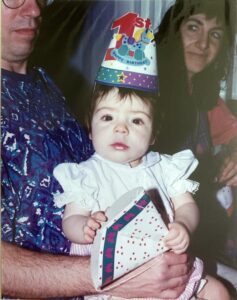
Caring for someone affected by an eating disorder is no easy feat. I know because my family was heavily involved in my anorexia treatment when I was a teenager. For months, we’d make the 45-minute trek to appointments at an out-of-city hospital for specialized eating disorder treatment.
My family sat with me through teary meals, helped me grocery shop when I couldn’t take care of myself, encouraged me to stick to recovery when it felt impossible, and never lost hope.
In recognition of the spotlight on carers, I reached out to my mother and sister to share their thoughts. Here’s what they had to say on common questions that carers for individuals with eating disorders get asked.
What's the hardest part about being a carer for a family member with an eating disorder?
Mom: You feel totally and utterly helpless. Parents don’t cope well with life or death situations. We went to so many appointments and rearranged our schedules to make everything work, but we faced a lot of resistance from Chloë wanting care. I wondered: How is my child not as worried as us? When will she get worried? When will this stop? As we know, there’s no timeline for eating disorder recovery. The biggest lesson was learning when to move out of the way, and let our daughter learn and grow on her own.
Sister: The hardest part about trying to help a family member with an eating disorder is knowing that they need to make the decision themselves every day to overcome the disorder and that as much as you want to help them, you can’t make the decision for them. There were times when I thought I would lose Chloë to the eating disorder, I couldn’t find the girl I knew in there and I was so worried that she may not make it out. I don’t want to imagine my life without my sister and without the close relationship we share now.
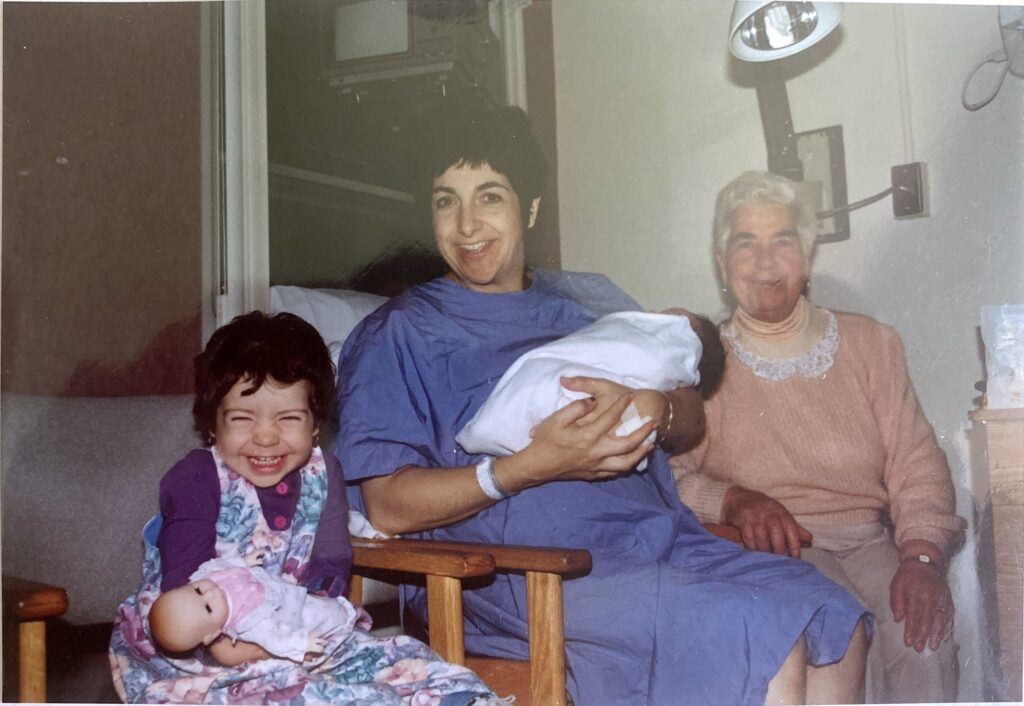
What was the most rewarding part about being a carer for a family member with an eating disorder?
Mom: It’s so rewarding to see Chloë doing this eating disorder recovery advocacy work. I no longer see those levels of distortion, distress and despair in her. In the past, there would be times when she would engage in ED behaviour and then pull out of it. As a parent, you need to be extremely attentive to the frequency of the early, small signs and when they start to last longer, you know it’s time to become more active. I’m very proud of her for pulling through relapse during the pandemic and coming out stronger than ever.
Sister: Celebrating the small victories is the most amazing part! To be invited to join in the good times and to recognize all of the hard work Chloë had put into reaching her goals, big or small. It gives me a sense of hope and pride to witness her strength and resilience at every turn, even when things get hard. I’ve loved seeing her find herself and her passions again now that she has the energy and focus to really put her mind towards the things that bring her joy. She’s such a force!

What support was available for carers at the time?
Mom: At the hospital, there was a parent support group that was really helpful. There weren’t a lot of people I spoke to about my daughter’s eating disorder diagnosis, so it was validating to see other families were struggling like us. We all learned from each other.
Sister: We did some family therapy, but it didn’t help me understand what I could do to support my sister when I was younger. Now, I’ve been able to do more research and attend seminars about EDs and learn about the science behind them. Increasing my knowledge of eating disorders helped me come to terms with my role as a carer.
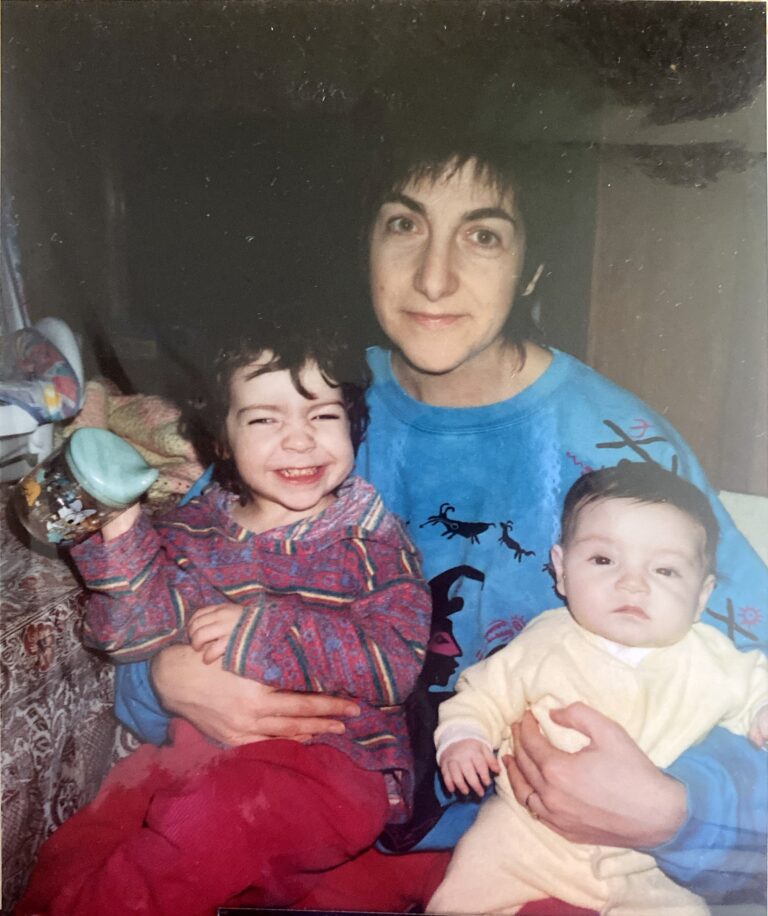
Did your perception and understanding around EDs change when we went through Family Based Treatment?
Mom: As a physician, this wasn’t the first time I was dealing with eating disorders, as I saw them often with family practice patients, read about them and learned about them at medical conferences. However, it’s different when it’s personal and when you see it at your own home. I understood the frustration of patients’ families trying to find support in the community and dealing with long waitlists. Eating disorders went from something that was a theoretical danger to an absolute reality. Thankfully, I was able to advocate for my daughter.
Sister: Not particularly. I don’t think the hospital did a good enough job communicating that her eating disorder wasn’t just about eating more. The focus seemed to be on how much weight she had gained/lost and what steps we can take to make sure she was eating enough. They made it sound like such an easy fix, which made it hard for me to understand what was going wrong. I wish more time had been spent talking about the mental health aspect of eating disorders and all of those factors that go into it.
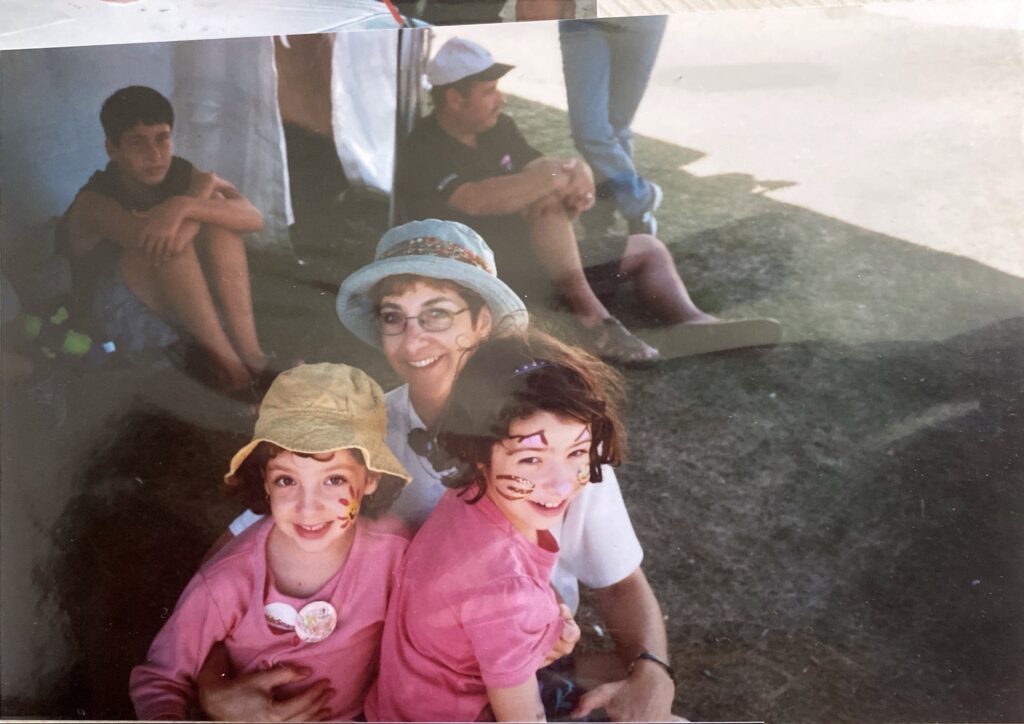
Do you have any advice for other carers?
Mom: Take care of yourself. It’s so hard not to be overwhelmed with fear and anger directed everywhere. Where did I go wrong? Why is she not participating in treatment? Why can’t she get help earlier? Why does no one else see how sick she is? The urgency takes over. It’s so important to have a strong social network and take time for things like getting fresh air, resting, nourishing yourself and doing things outside of the carer role.
Sister: Don’t take it personally. Do your research. Understand and accept the limitations of what you can do. Remember that the best support oftentimes is just being loving and accepting, you don’t have to overthink things.
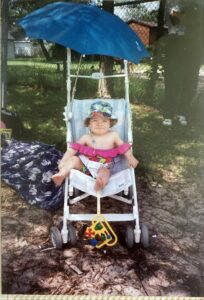
I have to admit this was the most emotional blog interview to date — all three of us, my mom, sister and I, were teary-eyed when reflecting back on how much of a toll the eating disorder had taken on us. At the same time, I have to appreciate the growth we’ve all experienced since the early days of my anorexia diagnosis. The illness was so all-consuming that I didn’t realize how much my family’s support mattered.
Nowadays I have a better understanding of the emotional burdens facing carers, including my mother and sister. I always thought the pain was limited to me. In reality when I was suffering, we all suffered the wrath of my eating disorder.
Over ten years later, I truly appreciate how much carers are deeply needed to help bear the brunt of strapped eating disorder resources. Their value is indispensable, and always has been.
I am beyond grateful for all the carers that looked after me. You believed in me when I couldn’t believe in myself. Many of us eating disorder survivors wouldn’t be here if it wasn’t for the unconditional love we received from carers. Thank YOU! 💜

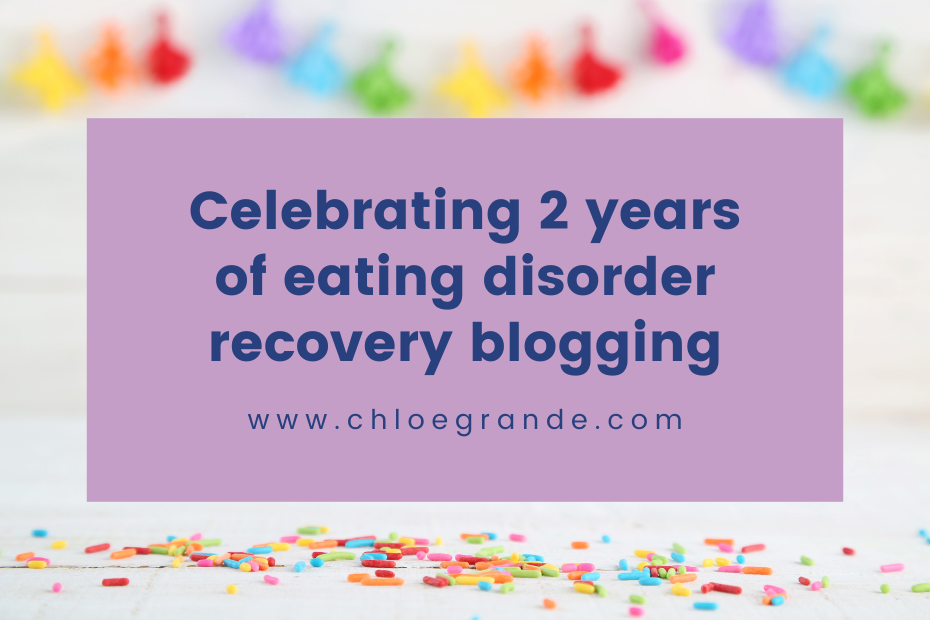
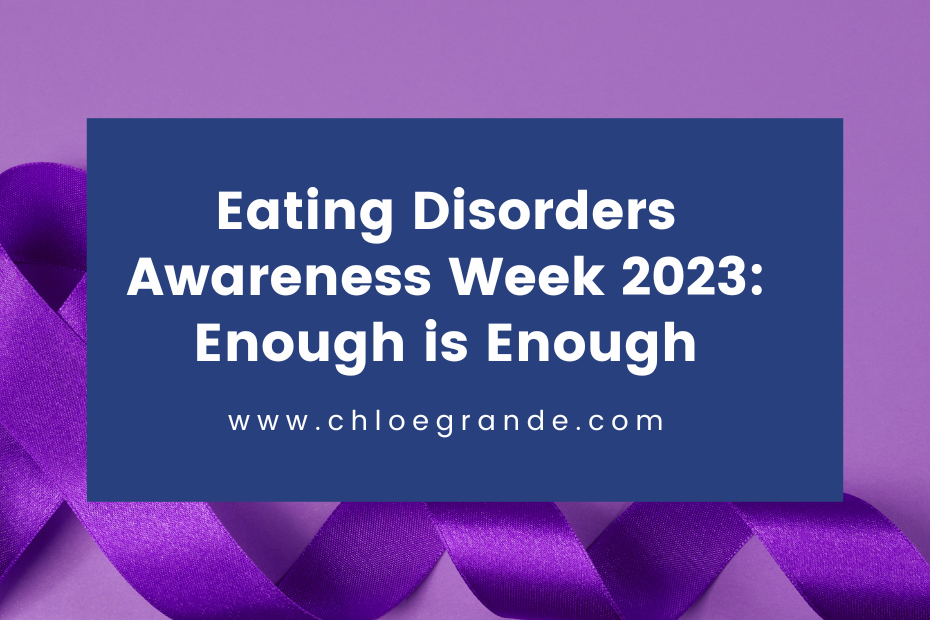
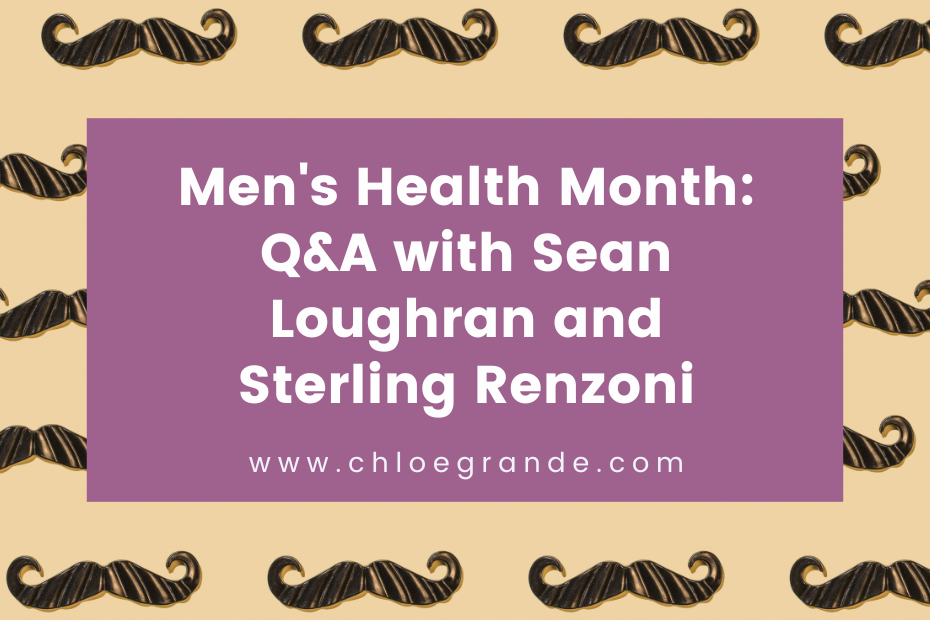
Extremely important and informative blog. Thank you all for sharing your stories honestly and bravely. Talking about it freely and openly will connect with so many who may be struggling!
I appreciate the kind feedback, thanks Lynne! It certainly took time to get to the point where I can be so open about my eating disorder recovery, but the goal has always been to help others feel less alone. I’m glad this blog post for World Eating Disorders Action Day hit the mark.
Great insights from you all. Thanks, Chloe
Glad you enjoyed the post, Callie! I appreciate the support for World Eating Disorders Action Day — it means so much.
This post was such a gift-It validated the role of the mutiple participants needed 24/7 and the successes that can occur with persistence, determination and love. Thank you,Chloë – I love you
It was a gift to me as well, I’m so incredibly grateful for your insight and unconditional support! Love you too, Mom. 💜
Great idea for a post! Thanks for shedding some light on what it’s like to support and care for someone with an eating disorder!!
And thank YOU for being so open about what it was like being the sibling of someone with an eating disorder! This was a much-needed conversation. Love you, Kira. 💜